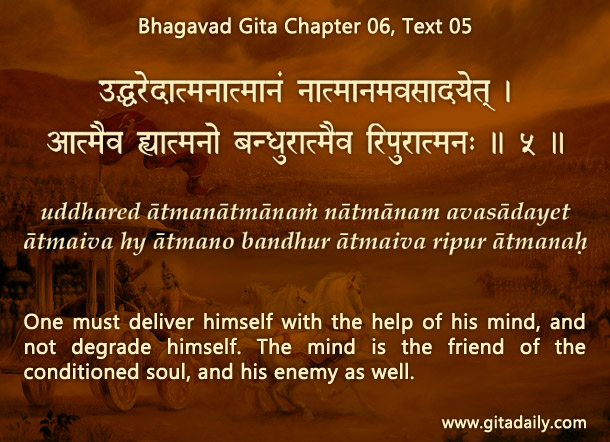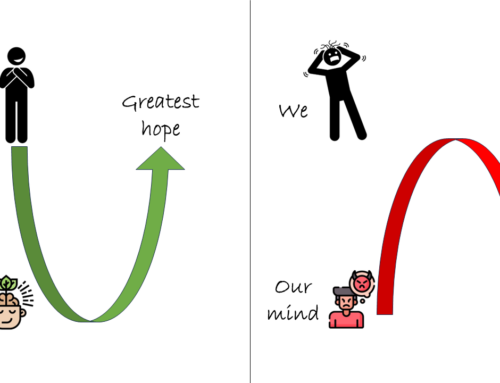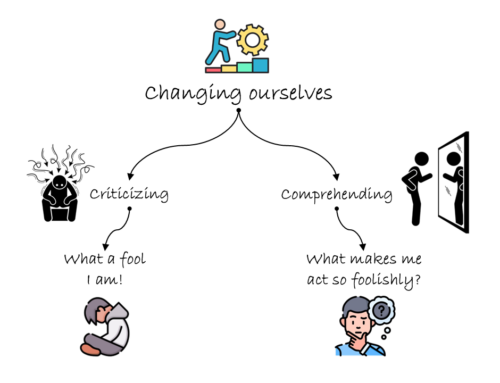Suppose a tolerant group is interacting with an intolerant group. The tolerant may say, “You can do what you want; I won’t impose my way on you.” But the intolerant may have the mentality: “But I won’t tolerate your way. I will do my way and make you adopt my way.” Such tolerance towards intolerance is a self-destructive caricature of tolerance – it empowers the intolerant and disempowers the tolerant.
A similar unfair and unhealthy power dynamic often exists in our inner life, wherein we are like the tolerant group and our mind like the intolerant group. We have higher aspirations, but our mind is caught with petty infatuations. We can’t change the mind overnight – so, we may tolerate its pet loves. But if we become indiscriminately tolerant, the mind can take control of our entire life. It won’t allow us to do important things such as practicing bhakti-yoga. As a part of our bhakti practices, we may resolve to study the Bhagavad-gita. But the mind intolerantly insists, “I want to read the sports news, the movie gossip, the Facebook updates. I won’t let you read the Gita.” If we tolerate such intolerance on the mind’s part, we trap ourselves in impotence; we watch passively while our consciousness and our life are increasingly taken over by the mind.
The Gita (06.05) urges us to elevate ourselves with our mind, not degrade ourselves. To elevate ourselves, we need to stand up to the mind, at least for those things that are non-negotiable for us. And central among life’s non-negotiables are our bhakti-yoga practices. By sticking determinedly to these practices, no matter what the mind feels or says, we connect with all-pure Krishna. That divine contact gradually changes our mind’s state from intolerance to transcendence, and we become absorbed in Krishna, joyfully and perennially.
To know more about this verse, please click on the image
Explanation of article:
Podcast:





Leave A Comment